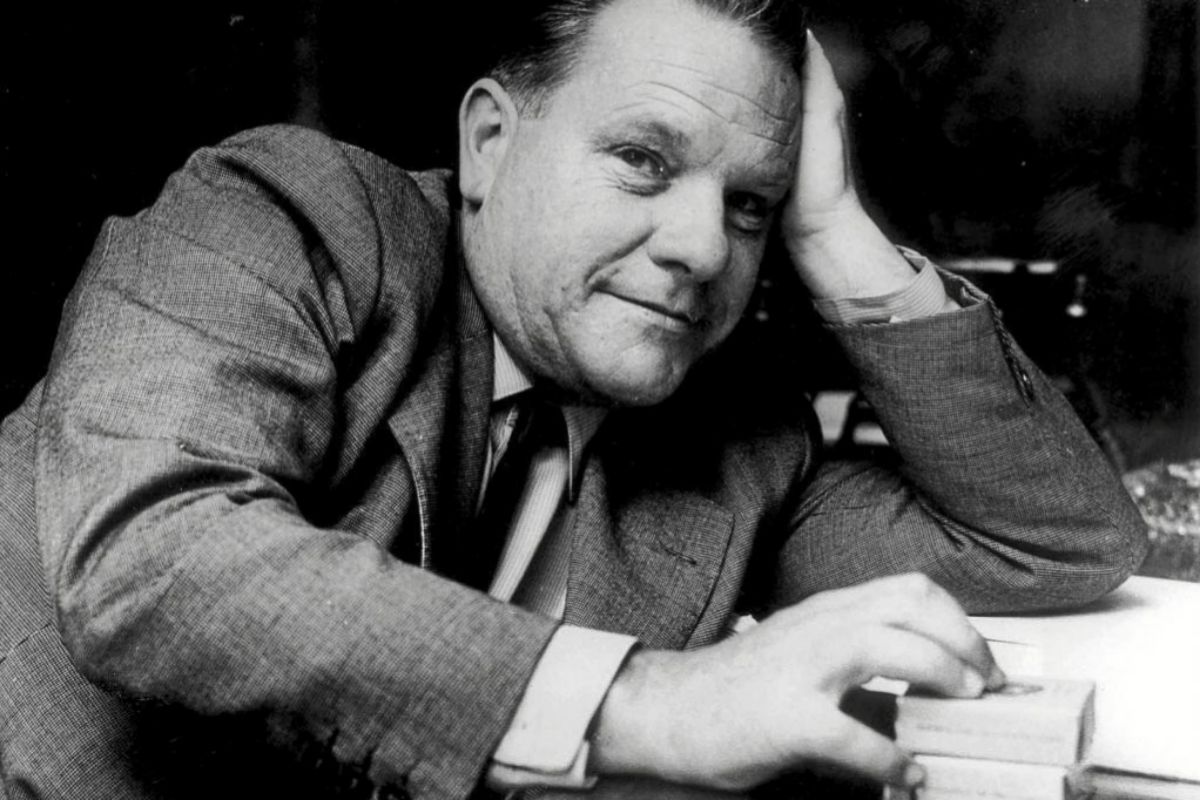MUSIC
My profession, but also my way of life, leads me to listen to a lot of music.
Without her I don't know what would have happened to me.
I have a special penchant for contemporary music, I mean that of composers like
György Ligeti and Gérard Grisey
, for example.
The same thing happens to me with the one from the past:
Johannes Ockeghem and Josquin Desprez,
Franco-Flemish musicians of the 15th and 16th centuries who helped the evolution of music.
They have a very airy, bright sound.
I feel them very internally, like
Tomás Luis de Victoria and Johann Sebastian Bach
.
However, I also listen to the art of other cultures.
I would not tire of hearing
Alim Qasimov
, as well as the Armenian
Djivan Gasparyan
, who plays an instrument called duduk, with a very deep and hypnotic sound.
On the other hand, I have
followed
a group from Corsica for many years,
A Filetta
.
This group sings Corsican polyphony, a primitive song that they have adapted to the current ear.
They even collaborate with jazz performers, such as the trumpeter
Paolo Fresu.
One of his albums,
Intantu
, is fantastic.
I always say that they seem roots that sing, especially its founder,
Jean-Claude Aquaviva
, who gestures and sings as if at that moment he was crying out for we don't know what.
A Filetta, in Corsican, means "the fern", because it is always reborn from the same bulb.
György Ligeti.
BOOK
In my case, as with music, when I don't write, I read.
I read a lot, that's why I can't stick to a book or an author, among other reasons because almost always my reading is conditioned by work.
I can't stop reading philosophy and essays.
I have to say, not without blushing, that I hardly read novels.
It is true that I have remembered
The Alexandria Quartet
, by
Lawrence Durrell,
and almost all the titles of
Henry James, William Faulkner and Ferdinand Céline,
and some of
Thomas Bernhard, WG Sebald and László Krasznahorkai.
I never forget poetry, for example,
Seamus Heaney, Les Murray and Milan Rufus,
among many others, although I never stray from classics such as
Garcilaso, Quevedo, John Donne, and later Whitman and Rilke,
all of them very different from each other. , of course.
I really like
Trakl
.
Among contemporary Spaniards I would not like to fail to mention
Claudio Rodríguez
.
These days I am reading the complete Poetry of
Edward Thomas
, a poet who died young, during the First War.
His work is short not only because of this circumstance, but because he started writing late.
It would be difficult for me to be without reading
Michel de Montaigne and Friedrich Nietzsche.
And I've gotten close to
Larra again
, extraordinary.
Lawrence Durrell.
MOVIE THEATER
The first time a movie impressed me I was very young, almost a teenager, it was
The Gospel According to Matthew
, by
Pier Paolo Passolini.
It was prohibited in Spain.
The documentaries by
Henri Cartier-Bresson also
called me strongly.
Luis García Berlanga's
films
Welcome, Míster Marshall
and
El verdugo
seem great to me, with an immeasurable
Pepe Isbert.
I miss actresses like
Rafaela Aparicio and Lola Gaos
, and I wish there were more actors like
Sean Penn and Naomi Watts
.
I admire
Víctor Erice
, his inherent silence, like that perceived in
Andrei Tarkovski
.
I am not forgetting director
Carl Theodor Dreyer
, nor
Abbas Kiarostami.
I don't know why I like Hungarian cinema so much.
The works of
Miklós Jancsó
,
The Round of Recognition
and
Red Psalm,
seem essential to me, and I must admit that I have a weakness for
Béla Tarr
and her feature films, among them
Werckmeister's Harmonies, The Condemnation
and
The Turin Horse
, a work of the latter. to which I dedicated a short essay that appears in
Thinking and not falling.
Creations like
Train of Shadows, Under Construction
and
Guest
, all of them by
José Luis Guerin,
always accompany me.
'The Gospel according to Saint Matthew', by Pier Polo Pasolini.
SERIES
I've never seen a series, except when I was a teenager.
I remember an Italian television production on
Leonardo da Vinci
that consisted of five or six chapters, I do not remember well.
There was only one television channel.
I am sure that today, in full democracy, commercial television networks would not program it.
It was very good.
Several friends have told me the value of some series, but it is a formula that I do not like very much.
Extending and enlarging the plot labyrinth to keep viewers in suspense is not something that attracts me;
as an idea I rather dislike it.
I say it with respect.
Nor do I have time and patience, perhaps less to be aware of a work that stretches over time.
Perhaps in all this there is nothing but ignorance on my part, which could well be or surely is.
It amazes me, anyway, that a family, or let us say, a couple, can be subjected to a story that is subjected to studied and recurrent psychological resources that advise when something should happen in the argument, or when to insinuate it, to claim the public loyalty.
It is about
engaging
viewers, who often substitute reading for these long, sometimes endless stories.
Leonardo statue in Turin.
According to the criteria of The Trust Project
Know more
movie theater
music
literature
Series
culture
Culture Sara Mesa's recommendations: Pete Delo, 'Tremé', classic cinema and Barbara Ehrenreich
CultureMamen Mendizábal's recommendations: 'Infinity in a reed', 'RGB', 'Veneno' and Anderson Paak
CineSanmao, the woman who turned the Franco dictatorship into an exotic paradise in China
See links of interest
Last News
English translator
TV programming
Quixote
Movies TV
Topics
14th stage of the Giro d'Italia, live: time trial between Conegliano and Valdobbiadene
Granada CF - Seville
Everton - Liverpool
Real Madrid - Cádiz
Getafe - Barcelona

